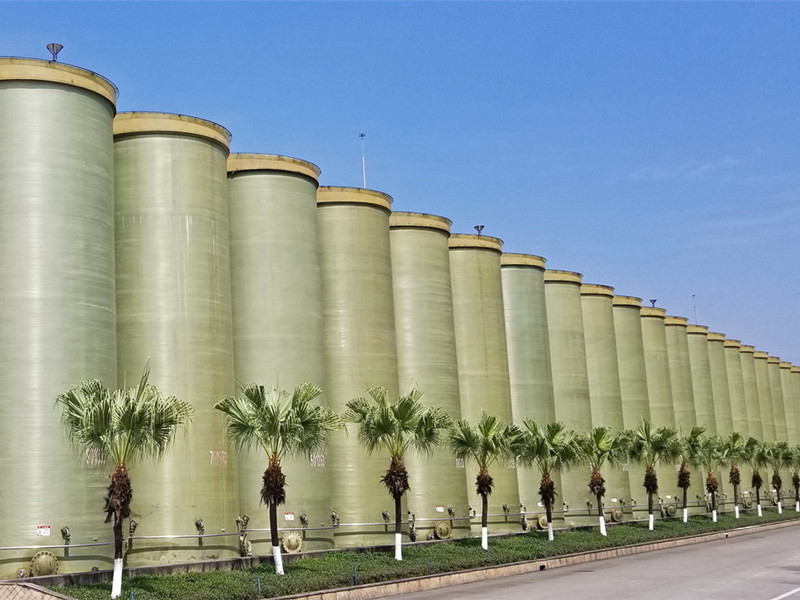
-
 Afrikaans
Afrikaans -
 Albanian
Albanian -
 Amharic
Amharic -
 Arabic
Arabic -
 Armenian
Armenian -
 Azerbaijani
Azerbaijani -
 Basque
Basque -
 Belarusian
Belarusian -
 Bengali
Bengali -
 Bosnian
Bosnian -
 Bulgarian
Bulgarian -
 Catalan
Catalan -
 Cebuano
Cebuano -
 China
China -
 China (Taiwan)
China (Taiwan) -
 Corsican
Corsican -
 Croatian
Croatian -
 Czech
Czech -
 Danish
Danish -
 Dutch
Dutch -
 English
English -
 Esperanto
Esperanto -
 Estonian
Estonian -
 Finnish
Finnish -
 French
French -
 Frisian
Frisian -
 Galician
Galician -
 Georgian
Georgian -
 German
German -
 Greek
Greek -
 Gujarati
Gujarati -
 Haitian Creole
Haitian Creole -
 hausa
hausa -
 hawaiian
hawaiian -
 Hebrew
Hebrew -
 Hindi
Hindi -
 Miao
Miao -
 Hungarian
Hungarian -
 Icelandic
Icelandic -
 igbo
igbo -
 Indonesian
Indonesian -
 irish
irish -
 Italian
Italian -
 Japanese
Japanese -
 Javanese
Javanese -
 Kannada
Kannada -
 kazakh
kazakh -
 Khmer
Khmer -
 Rwandese
Rwandese -
 Korean
Korean -
 Kurdish
Kurdish -
 Kyrgyz
Kyrgyz -
 Lao
Lao -
 Latin
Latin -
 Latvian
Latvian -
 Lithuanian
Lithuanian -
 Luxembourgish
Luxembourgish -
 Macedonian
Macedonian -
 Malgashi
Malgashi -
 Malay
Malay -
 Malayalam
Malayalam -
 Maltese
Maltese -
 Maori
Maori -
 Marathi
Marathi -
 Mongolian
Mongolian -
 Myanmar
Myanmar -
 Nepali
Nepali -
 Norwegian
Norwegian -
 Norwegian
Norwegian -
 Occitan
Occitan -
 Pashto
Pashto -
 Persian
Persian -
 Polish
Polish -
 Portuguese
Portuguese -
 Punjabi
Punjabi -
 Romanian
Romanian -
 Russian
Russian -
 Samoan
Samoan -
 Scottish Gaelic
Scottish Gaelic -
 Serbian
Serbian -
 Sesotho
Sesotho -
 Shona
Shona -
 Sindhi
Sindhi -
 Sinhala
Sinhala -
 Slovak
Slovak -
 Slovenian
Slovenian -
 Somali
Somali -
 Spanish
Spanish -
 Sundanese
Sundanese -
 Swahili
Swahili -
 Swedish
Swedish -
 Tagalog
Tagalog -
 Tajik
Tajik -
 Tamil
Tamil -
 Tatar
Tatar -
 Telugu
Telugu -
 Thai
Thai -
 Turkish
Turkish -
 Turkmen
Turkmen -
 Ukrainian
Ukrainian -
 Urdu
Urdu -
 Uighur
Uighur -
 Uzbek
Uzbek -
 Vietnamese
Vietnamese -
 Welsh
Welsh -
 Bantu
Bantu -
 Yiddish
Yiddish -
 Yoruba
Yoruba -
 Zulu
Zulu
Exploring the Corrosion Resistance Properties of Fiberglass Ducts for Enhanced Durability in Harsh Environments
Fiberglass Duct Corrosion Resistance An Essential Consideration in HVAC Systems
In the world of heating, ventilation, and air conditioning (HVAC) systems, the materials used for ductwork play a crucial role in the overall efficiency, longevity, and performance of the system. One of the most significant challenges faced in these systems is corrosion, particularly in environments where humidity, chemicals, or pollutants are present. Among the various materials available for duct construction, fiberglass stands out due to its impressive corrosion resistance, making it a preferred choice for many HVAC applications.
Fiberglass Duct Corrosion Resistance An Essential Consideration in HVAC Systems
One of the primary reasons for corrosion in duct systems is the presence of moisture, which can lead to microbial growth and the eventual deterioration of the duct material. Fiberglass ducts are inherently resistant to moisture absorption, thus preventing the conditions necessary for corrosion to occur. This means that they not only last longer but also reduce the risk of system failures caused by duct deterioration. Consequently, HVAC systems can operate more efficiently, which translates to lower energy consumption and reduced operating costs.
fiberglass duct corrosion resistance

Furthermore, fiberglass ducts provide an additional advantage in terms of insulation. The material has excellent thermal insulating properties, which not only improves energy efficiency but also helps maintain the temperature of the air being transported. This insulated structure also reduces the likelihood of condensation forming within the duct, further mitigating the risk of corrosion. In environments where temperature fluctuations are frequent, the insulation factor of fiberglass ducts becomes even more critical.
Another significant benefit of fiberglass duct systems is their low maintenance requirements. Unlike metal ducts, which may require regular inspections and maintenance to combat rust and corrosion, fiberglass ducts are largely maintenance-free. This ease of maintenance can be a considerable advantage in both commercial and residential applications, allowing facility managers and homeowners to focus their resources on other critical areas.
However, it is crucial to ensure that the fiberglass used is of high quality and manufactured correctly. Different resins and glass fibers can influence the overall performance and resistance to corrosion. Therefore, engaging with reputable manufacturers who adhere to industry standards and certifications is vital. High-quality fiberglass duct systems are designed to withstand various environmental conditions, ensuring that their durability and performance are not compromised over time.
In conclusion, the corrosion resistance of fiberglass ducts makes them an essential consideration in HVAC designs. Their lightweight nature, combined with excellent moisture resistance and low maintenance requirements, makes them an ideal choice for both commercial and industrial applications. As industries increasingly prioritize sustainability and efficiency, the role of fiberglass ducts is likely to grow, becoming a standard material in modern duct systems. By choosing fiberglass for ductwork, users can significantly enhance the lifespan and efficiency of their HVAC systems, leading to improved air quality and reduced operational costs.
Latest news
-
Exploring the Benefits of Top Hammer Drifter Rods for Enhanced Drilling PerformanceNewsJun.10,2025
-
High-Precision Fiberglass Winding Machine for GRP/FRP Pipe Production – Reliable & Efficient SolutionsNewsJun.10,2025
-
FRP Pipes & Fittings for Shipbuilding - Corrosion-Resistant & LightweightNewsJun.09,2025
-
Premium FRP Flooring Solutions Durable & Slip-ResistantNewsJun.09,2025
-
Premium Fiberglass Rectangular Tanks Durable & Lightweight SolutionNewsJun.09,2025
-
Tapered Drill String Design Guide Durable Performance & UsesNewsJun.09,2025









